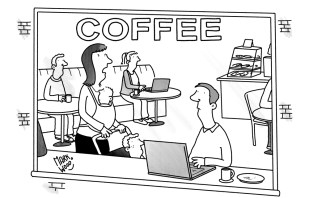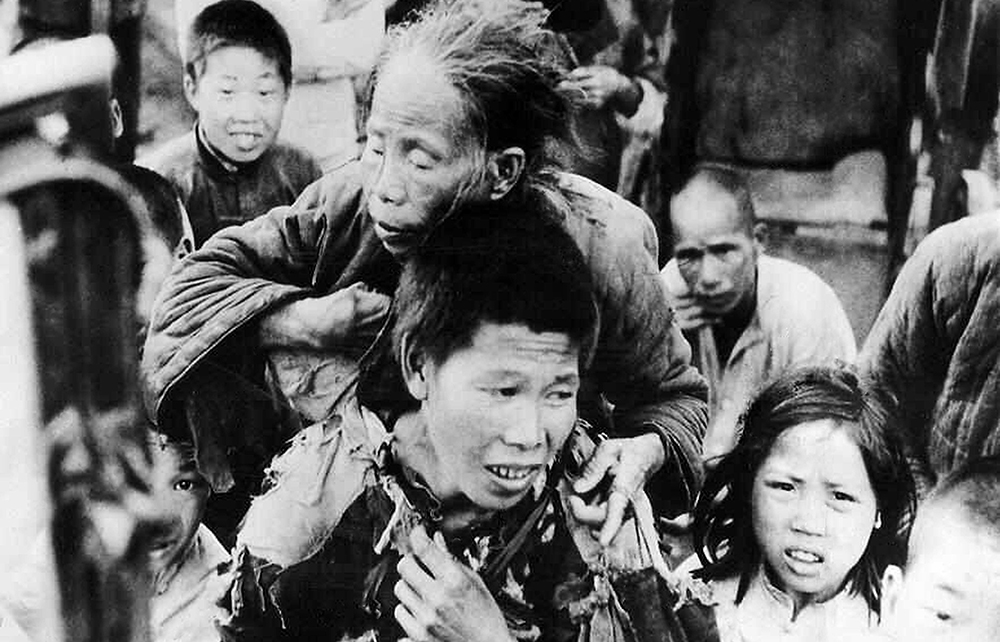Cindy Yu has narrated this article for you to listen to.
All families have secrets, but few family histories are classified by the state. After the death of Snow’s father, his study is cleared out by officials from the Chinese Communist party; but Snow discovers letters and unmarked hard drives hidden in hollowed-out dictionaries that they’d missed. The material reveals that her father was a high-ranking intelligence officer in the party, handpicked to build China’s intelligence service after the founding of the new People’s Republic. He’d hidden them for his family to find.
Jie provides a rare insider account showing just how much the CCP knew and how much it covered up
This isn’t the set-up for a new spy novel, but a true story. In 2018, Snow handed the trove of material to the Chinese journalist Xinran, who has collated it in The Book of Secrets, translated by Will Spence. It tells the tale of a family, close to the nerve centre of power since the birth of the People’s Republic, through voice recordings, photographs and the letters Snow’s father, Jie, wrote to her mother, Moon. Together they form an exceptional account of how communist authoritarianism evolved in China. Xinran has anonymised the family to protect those they still know inside the country.
In the 1940s, when still an undergraduate at the elite Tsinghua University, Jie secretly joined the party, believing it to be the answer to the country’s malaise. As a child, he’d seen a Chinese woman stabbed to death by Japanese occupiers for smuggling rice, which traumatised and radicalised him. Being assigned to intelligence work reflected the party’s trust in him, but it also meant that he was able to see the organisation’s darkest side. There were red flags from the beginning: a fellow student at Tsinghua was shot, along with his parents, for waving a Kuomintang flag on Tiananmen Square after the communist takeover.

When acute famine set in after the Great Leap Forward, Jie could see the true damage the party was wreaking on the country.








Comments
Join the debate for just £1 a month
Be part of the conversation with other Spectator readers by getting your first three months for £3.
UNLOCK ACCESS Just £1 a monthAlready a subscriber? Log in